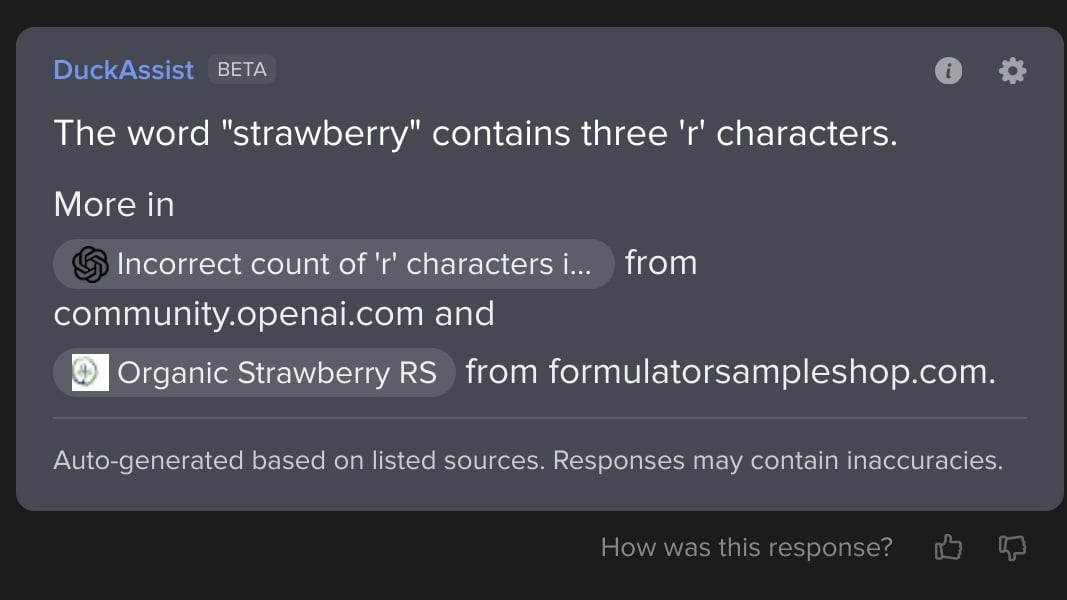I don’t know exactly how much code reuse Sawyer had going back then, but if you’ve ever played Transport Tycoon (or more likely the open source version around today, OpenTTD) then you know that the interface and graphics are extremely similar. So it’s not like he started from scratch each game with nothing but a hot spinning disc and a magnetized needle.
But yeah, the main reason to put up with all the modern framework bloat is the ever-ephemeral promise of being able to write your thing once and have it ported to run anywhere with minimal to no further effort.











Random eyes on things is just a Yooka-Laylee theme. One of the enemies in the first game is a pair of cartoon eyes that can take over inanimate objects. A lot of characters are just a random object with a pair of cartoon eyes.